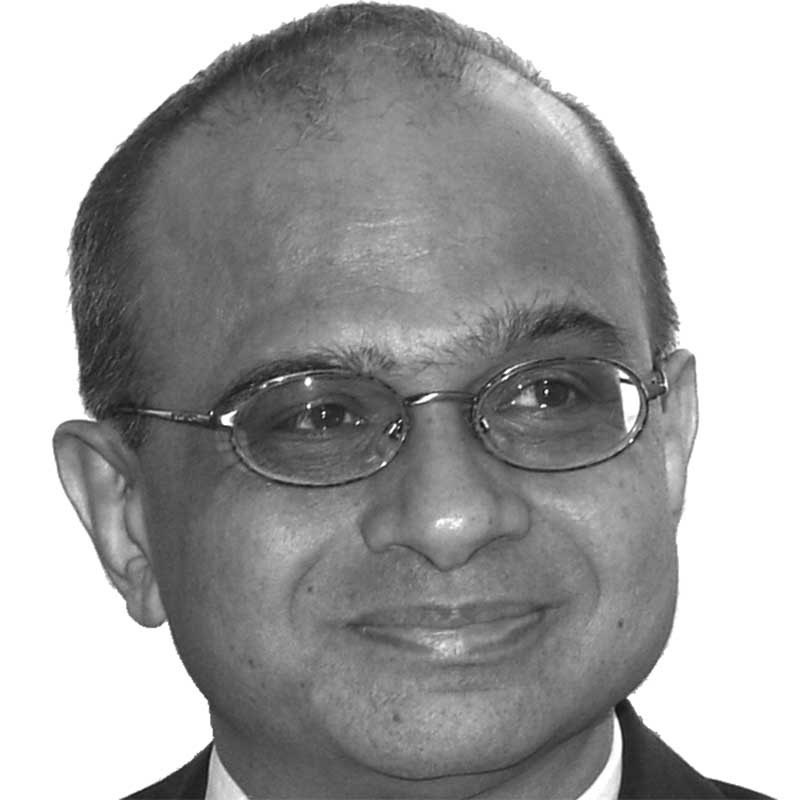
Brahma Chellaney
Brahma Chellaney, a longstanding contributor to The Japan Times, is a geostrategist and the author of "Asian Juggernaut" (Harper, 2010) and "Water: Asia’s New Battlefield" (Georgetown University Press, 2011), which won the 2012 Bernard Schwartz Award. He is professor of strategic studies at the Center for Policy Research, New Delhi.
Dec 17, 2008
Dec 2, 2008
Nov 3, 2008
Oct 23, 2008
Oct 2, 2008
Sep 17, 2008
May 22, 2008
May 2, 2008
Apr 9, 2008
Mar 27, 2008
Mar 14, 2008
Feb 20, 2008
Feb 4, 2008
Jan 3, 2008
Dec 26, 2007















